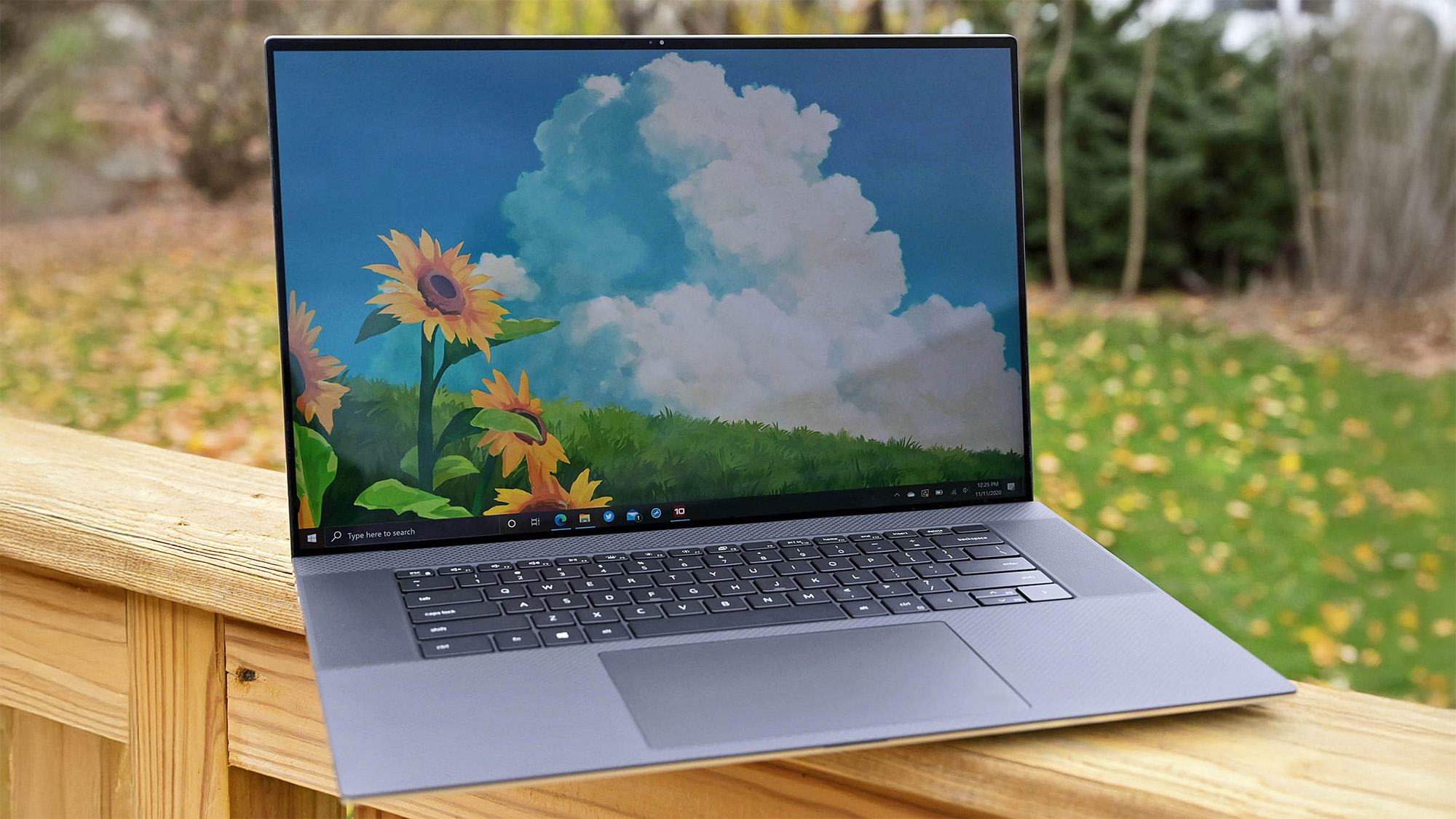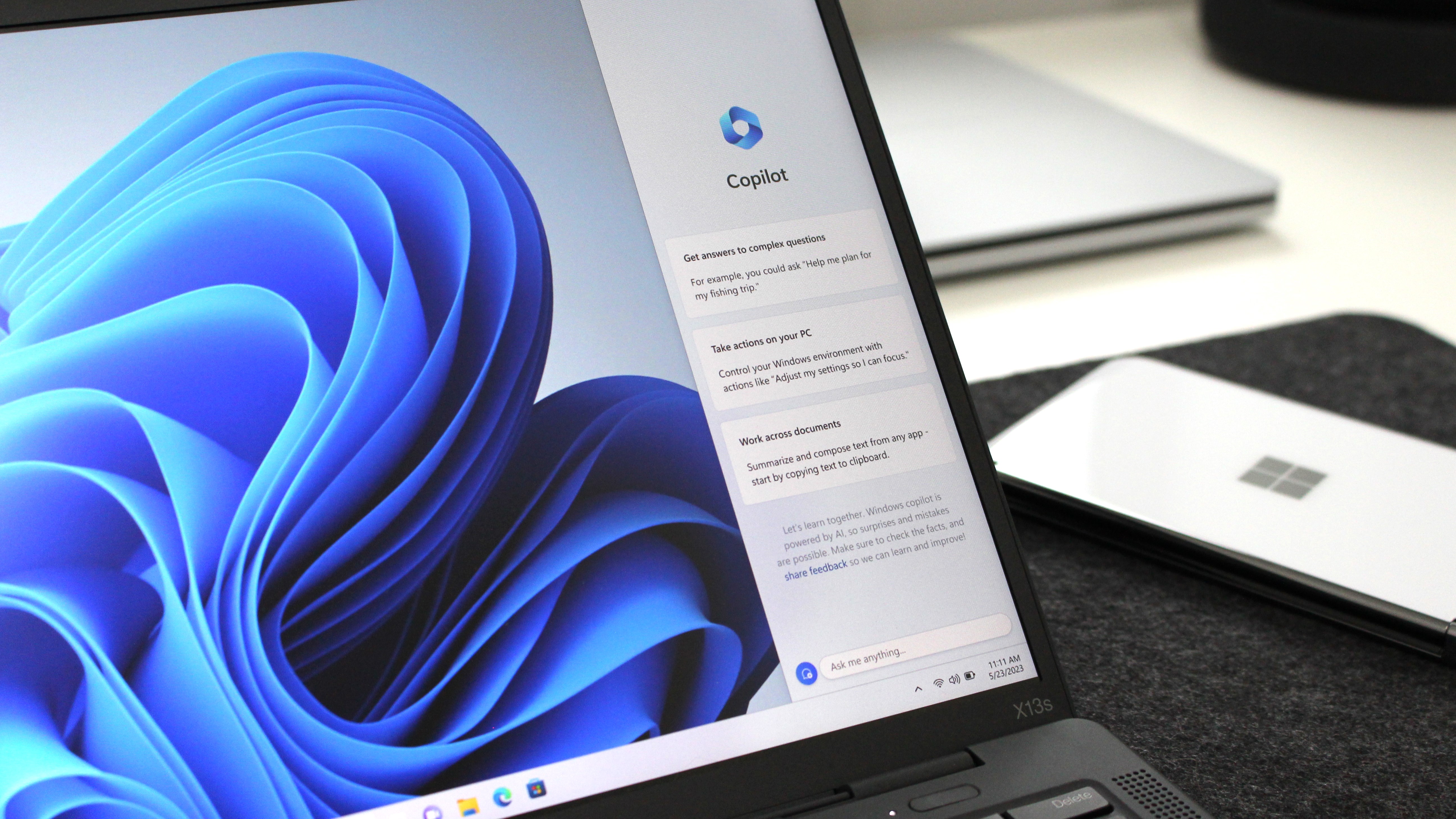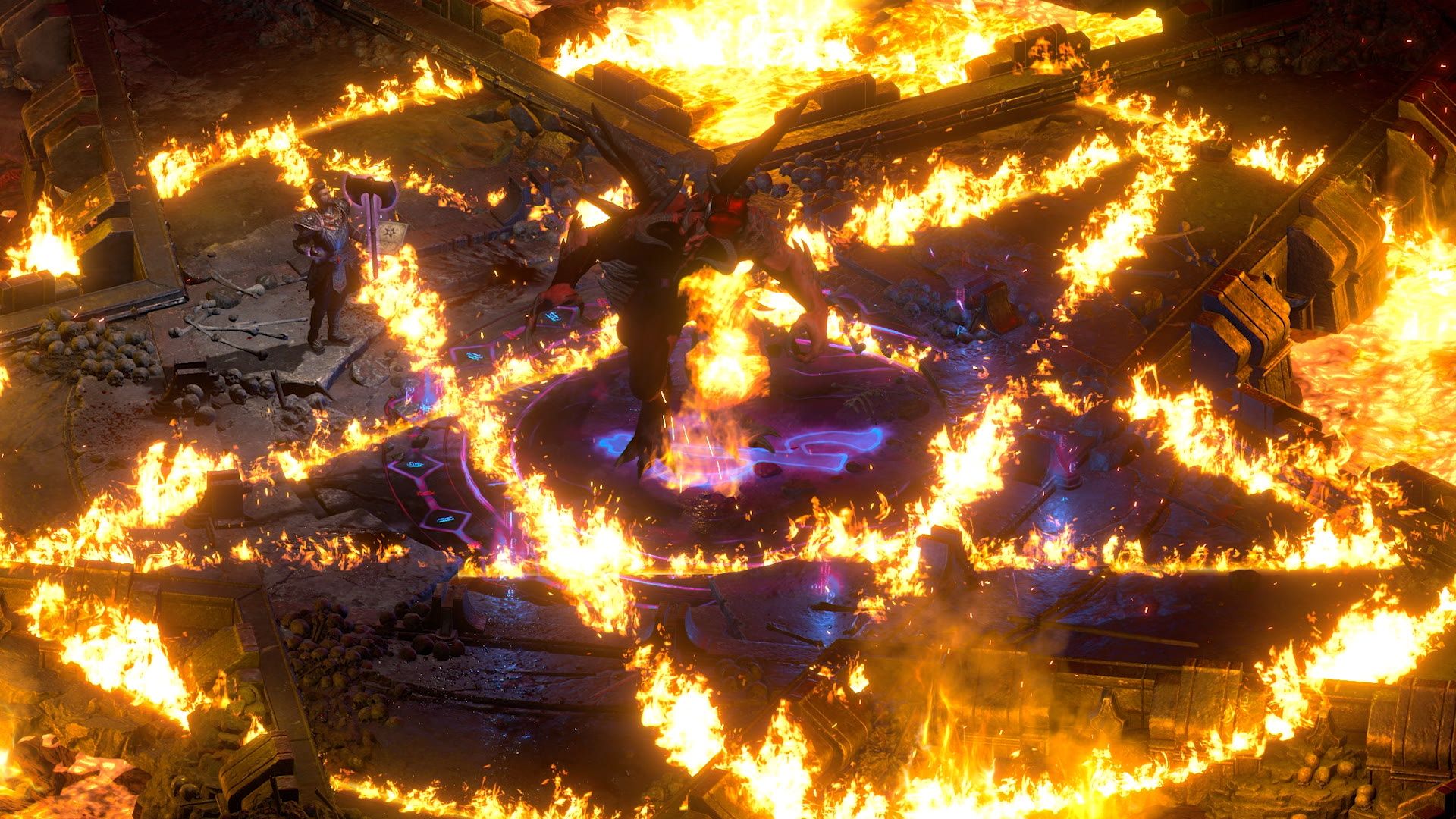Half of today’s PCs still run Windows 10, say HP and Dell
With support ending in 2025, millions may hold out on upgrading to Windows 11 until 2026.

All the latest news, reviews, and guides for Windows and Xbox diehards.
You are now subscribed
Your newsletter sign-up was successful
Windows 10 users have a little over a month till Microsoft pulls the plug on the operating system on October 14, 2025. A public interest group (PIRG) petitioned the company to reconsider its decision, claiming it would lead to the single biggest jump in e-waste ever.
An estimated 400 million PCs are still running Windows 10 despite this imminent end-of-support. However, Windows 11 is slowly gaining traction and broad adoption as it recently surpassed Windows 10 as the most dominant desktop operating system.
HP and Dell, two PC manufacturing giants, recently indicated that up to 50% of computers are still running Windows 10, prompting the PC makers to suggest that users won't upgrade to Windows 11 overnight, and the process could even be expected to roll over into 2026 (via ComputerWorld).
Multiple users recently complained that they aren't able to access Microsoft's extended support program for Windows 10, but the tech giant confirmed that it is rolling out in waves and should be available for everyone before it cuts support for the operating system.
While enterprise customers seem eager to upgrade to Windows 11, HP CEO Enrique Lores stated during last week’s earnings call that small and medium-sized businesses are more likely to rely on Microsoft’s Extended Security Updates (ESU) program, which offers an extra 12 months of support before they consider upgrading.
Many businesses, especially small and medium-sized enterprises, have not switched to Windows 11 due to tight budgets or because the upgrade does not offer sufficient benefits.
Gartner Research Director, Ranjit Atwal
As you may already know, there are several options that users could choose to continue receiving security updates after Windows 10's imminent death, including syncing your PC settings to the cloud via a Microsoft account, redeeming 1,000 Microsoft Reward points, or paying $30 for extended security updates (ESU), which now supports up to 10 devices.
But community groups like 'The Restart Project' say Microsoft's ESU program doesn't cut it, while describing it as a last-minute snooze button that only postpones the issue by 12 months.
All the latest news, reviews, and guides for Windows and Xbox diehards.
It's also co-developed the "End of 10" toolkit to support Windows 10 users who can't upgrade to Windows 11, including offering practical advice on how to adapt repair events and more.
According to The Restart Project:
"Microsoft’s decision not only accelerates premature disposal but also undermines efforts to extend product lifespans and puts additional pressure on resource use and waste management systems."
PC shipments and AI PC sales are on the rise
As has been the trend since last year, PC shipments are steadily improving, with HP reporting an 8% increase in the third quarter for consumer PC shipments and 3% for commercial PC shipments compared to last year. The PC maker also reported a 6% increase year-over-year in revenue.
According to HP CEO Enrique Lores:
“The demand for AI PCs is going to be driven by applications, and we are seeing more… applications taking advantage of the new capabilities.”
However, Dell's consumer revenue took a 7% hit, though it generated more profits on higher PC prices, according to the company's Vice Chairman, Jeff Clarke. According to the executive:
“We expect moderate growth as the PC refresh continues, driven by an aging installed base and the Windows 10 end of life.”
This news comes after Gartner recently projected AI PC shipments to skyrocket to 77.8 million units later this year, which could translate to 31% of the global PC market. Perhaps more interestingly, the projects further suggest that PC shipments could hit 143 million units next year, which will make up for more than 50% of PC sales.
As Windows 10's death looms, users have openly expressed their frustrations across social media, indicating that Microsoft's decision to pull the plug on the operating system is programmed obsolescence, disguised as a blatant attempt by Microsoft to bolster Copilot+ PC sales and coerce Windows 11 upgrades.
"I dont want a new laptop this works fine and somehow managed to resell the old ram. which sucks I hate how techworld is literally making the world a living hell," one user lamented, and they aren't alone.

Kevin Okemwa is a seasoned tech journalist based in Nairobi, Kenya with lots of experience covering the latest trends and developments in the industry at Windows Central. With a passion for innovation and a keen eye for detail, he has written for leading publications such as OnMSFT, MakeUseOf, and Windows Report, providing insightful analysis and breaking news on everything revolving around the Microsoft ecosystem. While AFK and not busy following the ever-emerging trends in tech, you can find him exploring the world or listening to music.
You must confirm your public display name before commenting
Please logout and then login again, you will then be prompted to enter your display name.

